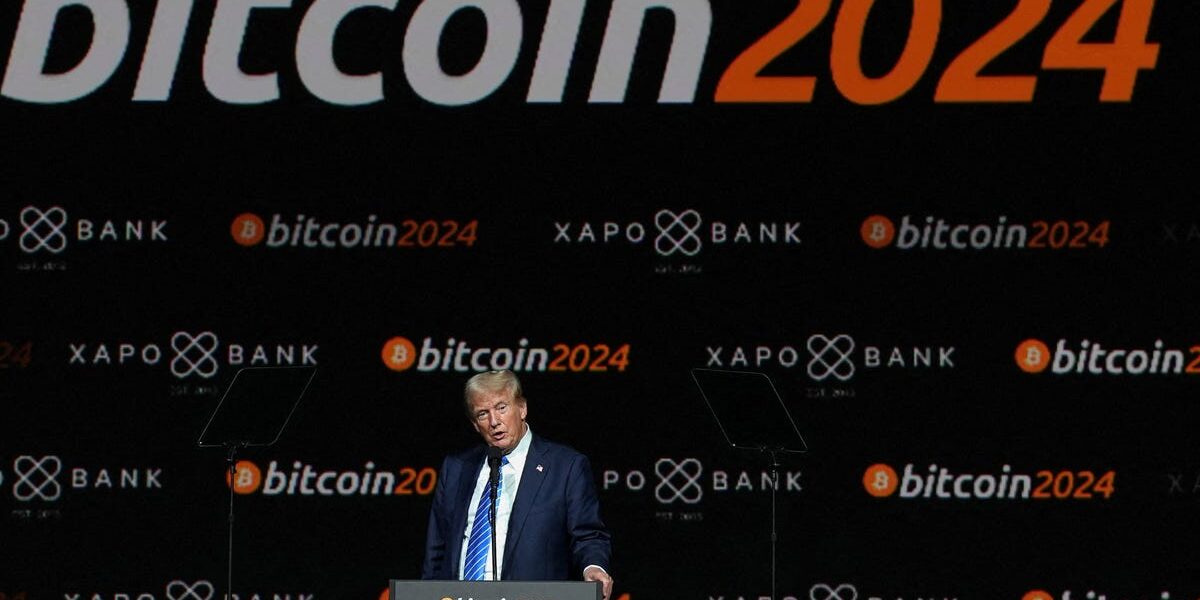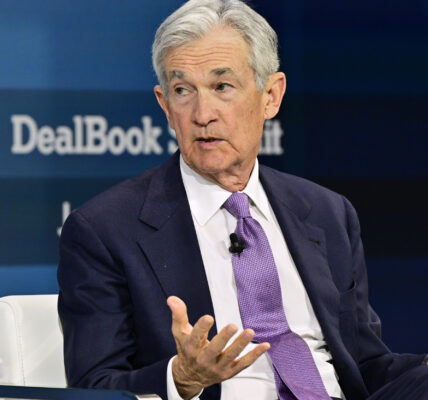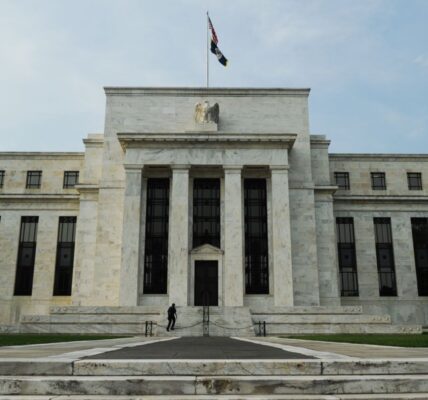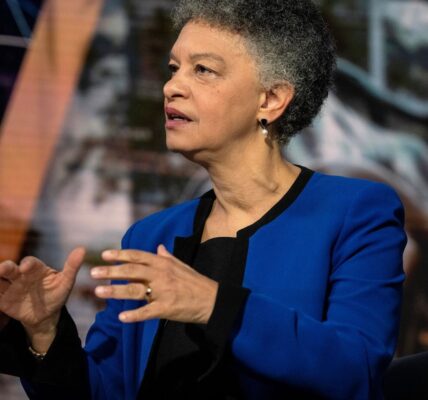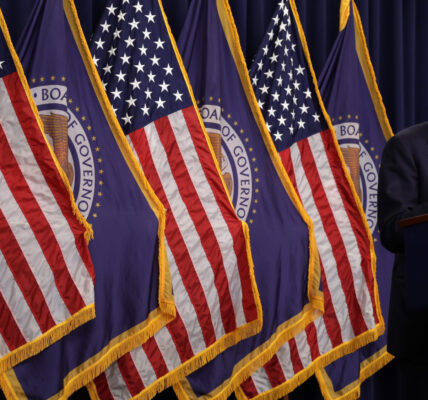Summers’ calls dea of national Bitcoin reserve ‘crazy’
Former US Treasury Secretary Lawrence Summers says the US does not need a national Bitcoin reserve. “Some of what is being said this idea that we should have some kind of national Bitcoin reserve is crazy,” Summers said on Bloomberg Television’s Wall Street Week with David Westin.
Bloomberg – Politics
Bitcoin prices have been climbing this year thanks in part to President-elect Donald Trump’s messaging on creating a crypto-friendly administration ‒ including plans to stockpile the volatile digital currency.
At a July conference, Trump said hanging onto the country’s bitcoin holdings would create “a permanent national asset to benefit all Americans” and help make the United States a leader in the global cryptocurrency space. Some are pushing the upcoming administration to go a step further by creating a bitcoin strategic reserve, arguing that building up the country’s cryptocurrency assets would help the government pay down its debt.
Here’s what we know so far of Trump’s plans for a crypto stockpile, and what it might mean for taxpayers.
How a bitcoin stockpile would work
The United States already owns nearly $20 billion worth of bitcoin obtained through legal seizures, according to crypto tracking firm Arkham Intelligence.
Federal officials will occasionally sell off the cryptocurrency, but Trump has expressed interest in halting future sales to create a “core” stockpile of bitcoin.
“For too long, our government has violated the cardinal rule that every bitcoiner knows by heart: Never sell your bitcoin,“ Trump said in July.
So far this year, bitcoin’s price is up more than 100%. By avoiding future selloffs, the U.S. could help keep bitcoin prices elevated, benefitting current investors.
“If you constrain supply in the overall, real-time market, then it does help to not suppress the price,” said Seoyoung Kim, author of “DeFi For Dummies” and associate professor of finance at Santa Clara University.
But some believe the government needs to do more than simply hold onto its current crypto and are pushing for a bitcoin strategic reserve similar to the reserves of gold and oil held by the U.S. government.
Republican Sen. Cynthia Lummis of Wyoming earlier this year introduced a bill that would have the country acquire, over time, 1 million bitcoin, or about 5% of outstanding tokens, to hold for at least 20 years. To fund the purchase, the government would revalue about $11 billion worth of gold certificates on the Federal Reserve’s balance sheets.
Lummis said establishing a bitcoin reserve could help the U.S. chip away at its $36 trillion national debt and strengthen the U.S. dollar.
“While there may be short-term volatility, over the long term a bitcoin reserve like this will serve as an important and stable store of value,” Lummis wrote in a letter published in the Wall Street Journal.
Trump has suggested a bitcoin reserve would help the U.S. compete with other countries in the cryptocurrency space.
“We’re going to do something great with crypto because we don’t want China or anybody else − and not just China, but others are embracing it − and we want to be the head,” Trump told CNBC earlier this month.
Other countries with significant bitcoin holdings as of Thursday afternoon include China ($18.5 billion), the United Kingdom ($6 billion), Ukraine ($4.5 billion), Bhutan ($1 billion) and El Salvador ($582 million), according to data site BitcoinTreasuries.
But some cryptocurrency experts say the U.S. doesn’t need a strategic reserve to remain competitive.
“I would rather see regulatory clarity around all digital assets moving forward. To me, that benefits the United States economy even more than possibly holding a volatile asset in reserve,” said Michele Neitz, visiting professor at the University of San Francisco and founding director of the Center for Law, Tech, and Social Good.
What is the risk associated with a federal bitcoin reserve?
Owen Lau, a senior analyst at Oppenheimer & Co., said creating a stockpile would be easy for the president; the government would simply stop selling off its bitcoin. Funding a strategic reserve, however, would likely require Congress’ approval – and he believes the probability of that happening is low.
“I just have not heard enough support for creating something like that,” he said. “Taking (the idea of a stockpile) a step further to actively buy and sell bitcoin would be quite risky and harder to justify to the public.”
There are concerns over crypto wallets being vulnerable to cyber attacks and bitcoin’s price falling. While the digital currency is hovering near record highs, it has taken dramatic tumbles in the past, for instance falling more than 70% between November 2021 and November 2022.
“If bitcoin goes up, you benefit from it. If bitcoin goes down, the taxpayer will lose value on that trade,” Lau said.
A Barclays analysis said funding a bitcoin strategic reserve would likely require the issuance of new Treasury debt, according to Reuters. The bank suspects such a plan to “face stiff resistance from the Fed.”
When asked about a potential bitcoin reserve at a Wednesday press conference, Fed Chair Jerome Powell on Wednesday said the central bank is not looking to hold bitcoin.
“We’re not allowed to own bitcoin. The Federal Reserve Act says what we can own, and we’re not looking for a law change,” Powell said. “That’s the kind of thing for Congress to consider, but we are not looking for a law change at the Fed.”

